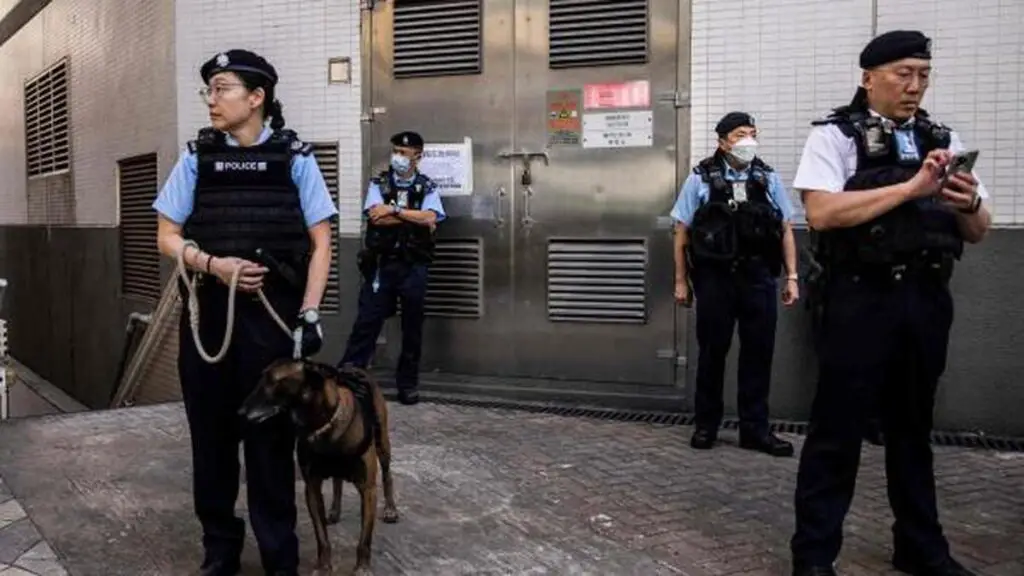First District Council Elections Under Beijing’s Guidance in Hong Kong
Hong Kong residents participated in the first district council elections since a major electoral overhaul was implemented under Beijing’s guidance of “patriots” administering the city. The polling stations saw a much lower turnout compared to the previous elections, reflecting public sentiment towards the new political order under the Hong Kong government’s crackdown on dissidents, which followed the 2019 protests.
The electoral changes effectively shut out all pro-democracy candidates, eliminating most directly elected seats. The situation has left some pro-democracy voters dismayed and resulted in a decline in the number of voters. The final turnout is being seen as a measure of public sentiment towards the new political system in the city.
The electoral changes are part of a broader trend in which Beijing’s influence over Hong Kong has been increasing. The 50-year promise of retaining Western-style liberties under the “one country, two systems” framework has been eroded, following the imposition of a national security law by Beijing, resulting in the arrest and silencing of pro-democracy activists.
The changes in Hong Kong’s electoral laws for its legislature in 2021 drastically reduced the public’s voting ability and increased the number of pro-Beijing lawmakers making decisions for the city. This led to a significant drop in the turnout rate for the legislative election that year, from 58% to 30%.
The district councils, primarily responsible for municipal matters, were among the last major political bodies mostly chosen by the public. However, a recent amendment led to a drastic reduction in directly elected seats, effectively excluding pro-democracy candidates from the elections for the first time in about four decades.
The Sunday elections saw a diminished voter presence at the polling centers. Although some residents showed confidence in the electoral system, there were concerns about fewer voters in comparison to previous elections. The government conducted various promotional activities, including carnivals, an outdoor concert, and free admission to some museums, to drum up support for the polls. Additionally, prominent airline Cathay Pacific offered discount airfares for passengers traveling back from mainland China to Hong Kong to encourage participation in the elections.
Despite the efforts, some residents, like university student Timothy Cheung, decided not to vote, expressing concerns that voting would be futile given the lack of diverse political representation. However, government officials have downplayed the significance of the turnout rate as a measure of the overhaul’s success, while emphasizing other reasons behind non-participation.
The situation reflects the evolving landscape of Hong Kong’s political system and governance, raising concerns about the preservation of its democratic freedoms and the extent of Beijing’s influence over the city’s affairs. The ramifications of these electoral changes are likely to have long-term political and social implications for Hong Kong.
Source link


